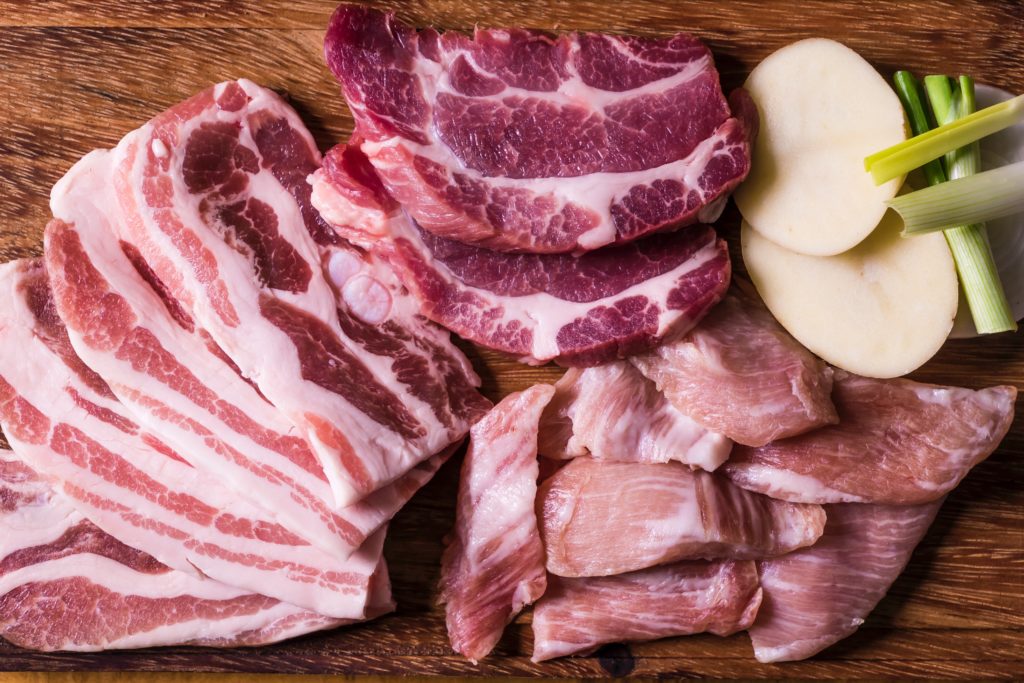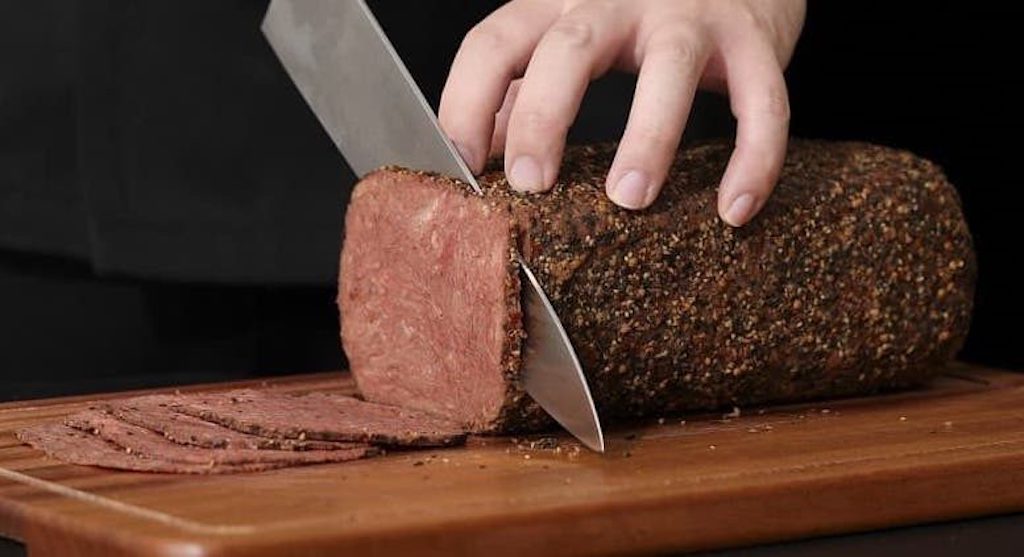4 Mins Read
China’s Ministry of Agriculture and Rural Affairs has published its eagerly awaited national plan. Acting as a blueprint for future developments, innovations and national economic strength, the plan has specifically included cultivated meat and ‘future foods’ as sectors to actively participate in.
Long-term goals as directed by China’s political leaders, are supported by the agricultural plan. In real terms, it seeks to identify ways in which to meet said goals. The new inclusion of cultivated meat represents identification of the technology as a vital part of China’s growth and success. It comes as the ministry announced a commitment to transforming China’s food system into a greener and more sustainable enterprise. The Good Food Institute APAC (‘GFI APAC’) has cited that this might, in turn, lead to much-needed funding increases for the sector.

An end to the uphill battle?
Historically, reducing meat consumption in China has proven difficult. Intrinsically linked to status and health, meat remains popular and has transformed from a rare treat to an everyday staple. Beef, having once been dubbed “millionaire’s meat”, is consumed more than ever, alongside the country’s favourite, pork. The expansion of China’s middle class has largely been considered a precursor to increased meat consumption.
China’s appetite for meat is showing little sign of slowing down. In the last 30 years, the average person’s meat intake has increased from 30 to 150g per day. In Hong Kong, the figure is significantly higher still. A study conducted by Chinese University and the UK’s University of Exeter has recommended a reduction in meat consumption, to alleviate climate-altering emissions. Access to domestic cultivated meat products, alongside existing plant-based options, could be a viable solution.
Chinese consumers have proved hesitant when it comes to plant-based meat. Not because of what they are made of, but due to taste. GFI APAC has cited discerning palates as a stumbling block to widespread acceptance but notes that market interest is observable. Further, the country has chosen to use “new protein” and “plant meat” as terms moving forward. This is to remove any connection to former iterations of vegetarian protein, which has fallen short of the mark.

Putting an end to food security woes
Food security is an ongoing concern for the 1.4 billion-strong Chinese population. As such, tackling it has become a major part of the national security strategy. Increased food waste, loss of land due to increased urbanisation and changing dietary preferences have all highlighted gaps in the food supply chain. Add the 2020 African swine fever outbreak that saw pork levels drop and Covid-19-related shortfalls and the need for domestic food production becomes clear.
“As the world grapples with the twin challenges of skyrocketing protein demand and diminishing natural resources, a rapid shift towards plant-based and cultivated meat is a critical element of how we increase food security, mitigate environmental degradation, and alleviate global poverty,” Mirte Gosker, acting managing director of GFI APAC said in a statement.
As a nation of meat-lovers, China choosing to acknowledge and support its cultivated sector has the potential to positively impact numerous ongoing concerns. One stumbling block remains, however. Regulatory approval for the commercial sale of cultivated meat has not yet been granted in China. That’s not to say that companies aren’t making progress. Joes Future Food revealed last year that it was scaling up, following an almost $11 million fundraising round, to produce cultivated pork. Inclusion of the cultivated industry in the agricultural plan could herald accelerated lead times and access to better funding options.
“By including game-changing food technologies like cultivated meat—which is grown directly from animal cells instead of farming animals—in China’s five-year agricultural plan, national leaders are saying publicly what others around the world have long hoped: that China intends to go all-in on building the future of food, including investing in critical scientific research, just as they have for clean energy and other high-tech sectors with global implications,” Gosker said. “Other nations would be wise to follow China’s example by investing in this smarter way of making meat before they get left behind.”
Josh Tetrick, co-founder and CEO of Eat Just and GOOD Meat, the world’s first company to commercialize cultivated meat, agrees: “China is putting a stake in the ground by prioritizing innovative, new food categories that can have wide-sweeping implications for human and planetary health.”

The rising tide of meat alternatives
Alongside China’s cultivated meat milestone, plant-based protein successes are being announced. Last week, Starfield Foods closed the biggest ever Chinese investment round for vegan meat. The Series B round was led by Primavera Capital Group and will allow the company to expand significantly, with production capacity increases being a priority. Starfield was noted to be a worthwhile investment by a spokesperson for the lead investor, due to its focus on producing proteins in line with Chinese tastes.
To date, Singapore remains the only country to have granted regulatory approval for cultivated meat sales. California’s Eat Just has been granted permission for two of its cultivated chicken products.
Lead image courtesy of Edward Jenner from Pexels.





